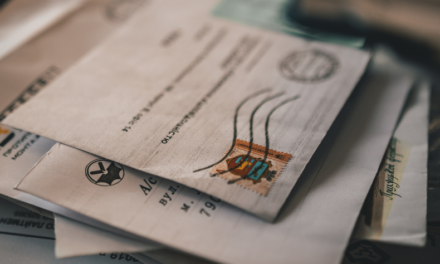
What obligations are not subject to dismissal in consumer bankruptcy?

The primary goal of bankruptcy proceedings for persons not conducting business activity is debt relief. However, under personal bankruptcy, there are certain categories of debts that are not discharged once the bankrupt has fulfilled the obligations set out in the repayment plan. This means that the debtor must continue to repay the debt after the bankruptcy proceedings are completed.
Consumer bankruptcy – assumptions
Bankruptcy proceedings are intended to enable the entity to settle its liabilities and regain financial balance by, among other things, suspending and then discontinuing enforcement proceedings. The consumer therefore has the opportunity to “organize” a plan to repay his debts due to bank liabilities, unpaid bills, unpaid ZUS contributions, as well as unpaid taxes.
Catalog of obligations that are not subject to waiver
Among the examples of receivables listed in Art. 49121 section 2 pr. up., which, due to their nature, are not subject to discharge in consumer bankruptcy are:
1) alimony obligations – debts related to alimony obligations towards children, spouse or other persons entitled to alimony are not subject to cancellation;
2) obligations arising from torts – these include obligations arising from pensions in respect of compensation for causing illness, incapacity for work, disability or death – therefore they are related to causing personal injury;
3) imposed fines and compensation for damage caused intentionally – criminal sanctions for committing a prohibited act are not subject to discontinuation in bankruptcy proceedings, as they are of a personal and repressive nature for the offender, as is the obligation to compensate or repair damage of a compensatory nature;
4) liabilities due to compensation or pecuniary benefit – which the court has ruled as a penal or probationary measure;
5) liabilities that the bankrupt person concealed are not subject to write – off if the bankrupt person intentionally did not disclose the liabilities and at the same time the creditor did not participate in the bankruptcy proceedings.
Repayment plan and privileged obligations
In the decision to establish a repayment plan for creditors, the court specifies the scope of liabilities to be repaid, thereby determining that all remaining liabilities will be written off. However, this does not apply to the obligations referred to in Art. 49121, which are not subject to write-off and as such are not subject to inclusion in the repayment plan, unless these receivables participate in the plan for the distribution of bankruptcy estate funds1.
What does this mean for the debtor?
As a rule, after the bankrupt has fulfilled the obligations specified in the creditor repayment plan, the court issues a decision confirming its fulfillment and writing off the bankrupt’s obligations arising before the date of declaration of bankruptcy and unfulfilled as a result of the repayment plan. As a result of the issuance of the above-mentioned provisions, it is inadmissible to initiate enforcement proceedings regarding receivables arising before the date of establishing the creditor repayment plan, with the exception of receivables arising from liabilities that are not subject to write-off.
What does this mean for the creditor?
Persons who are entitled to receivables that are not subject to discharge in consumer bankruptcy still have the status of a creditor at the stage of the proceedings and may submit their receivables to the trustee. However, due to their specificity, these liabilities will not be written off after the debtor completes the repayment plan. These receivables, even despite complete debt relief, will still burden the debtor and may be pursued in enforcement proceedings after the bankruptcy proceedings are completed.
Summary
The catalog of liabilities not subject to discharge applies only to liabilities arising before the declaration of bankruptcy. Their personal or repressive nature means that these liabilities cannot be canceled even with the consent of the creditor. Their nature does not exclude the possibility of applying general civil law instruments outside consumer bankruptcy.
The indicated liabilities are not subject to write-off by operation of law. As a rule, they should be repaid in full after the decision establishing a repayment plan becomes final.
1 Filipiak Patryk (ed.), Hrycaj Anna (ed.), art. 491(21) Decision confirming the implementation of the creditor repayment plan and the cancellation of the bankrupt’s obligations arising before the date of declaration of bankruptcy and not fulfilled as a result of the implementation of the creditor repayment plan., Consumer bankruptcy. Comment. WKP 2020.













